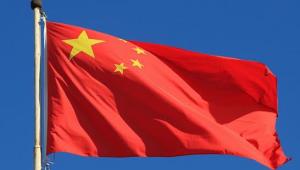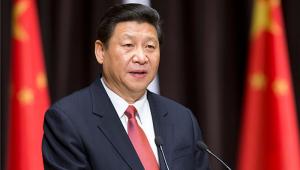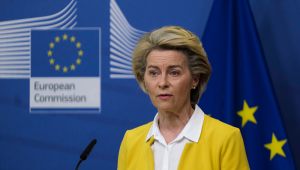IMF managing director Christine Lagarde called a new debt sustainability framework to evaluate BRI projects “a significant move in the right direction”, speaking at a forum in Beijing about the ambitious agenda,
The issue of debts arising from the BRI has risen up the agenda in recent months, and new research reveals that developing countries have renegotiated about $50bn of Chinese loans in the past decade.
The BRI is an ambitious development strategy promoted by China’s government involving infrastructure development and investments in 152 countries to enhance road, rail and sea routes in order to accelerate growth.
Reuters reports that data from Refinitiv shows the total value of projects in the scheme to date stands at $3.67 trillion, spanning countries in Asia, Europe, Africa, Oceania and South America.
President Xi Jinping and senior Chinese officials have repeatedly sought to reassure partners and potential participants that Beijing does not intend to saddle them with high debts.
A joint communique issued at the forum committed China to project financing that respects global debt goals and promotes green growth.
Lagarde said: “History has taught us that, if not managed carefully, infrastructure investments can lead to a problematic increase in debt.
“I have said before that, to be fully successful, the Belt and Road should only go where it is needed. I would add today that it should only go where it is sustainable, in all aspects.
“Fortunately, the Chinese government is already taking some steps to ensure this is the case. The new debt sustainability framework that will be utilised to evaluate BRI projects is a significant move in the right direction.”
Lagarde added that BRI can also benefit from increased transparency, open procurement with competitive bidding, and better risk assessment in project selection.
New research by the Rhodium Group, a consultancy, has challenged accusations that Chinese lending could be creating a ‘debt-trap’ for BRI participants, reported the Financial Times.
This indicates that developing countries have renegotiated about $50bn of Chinese loans in the last decade, mostly on terms that have been in favour of the borrowers.
The study found that the outright seizure of assets had occurred only once, in the case of Sri Lanka’s Hambantota port in 2017.














